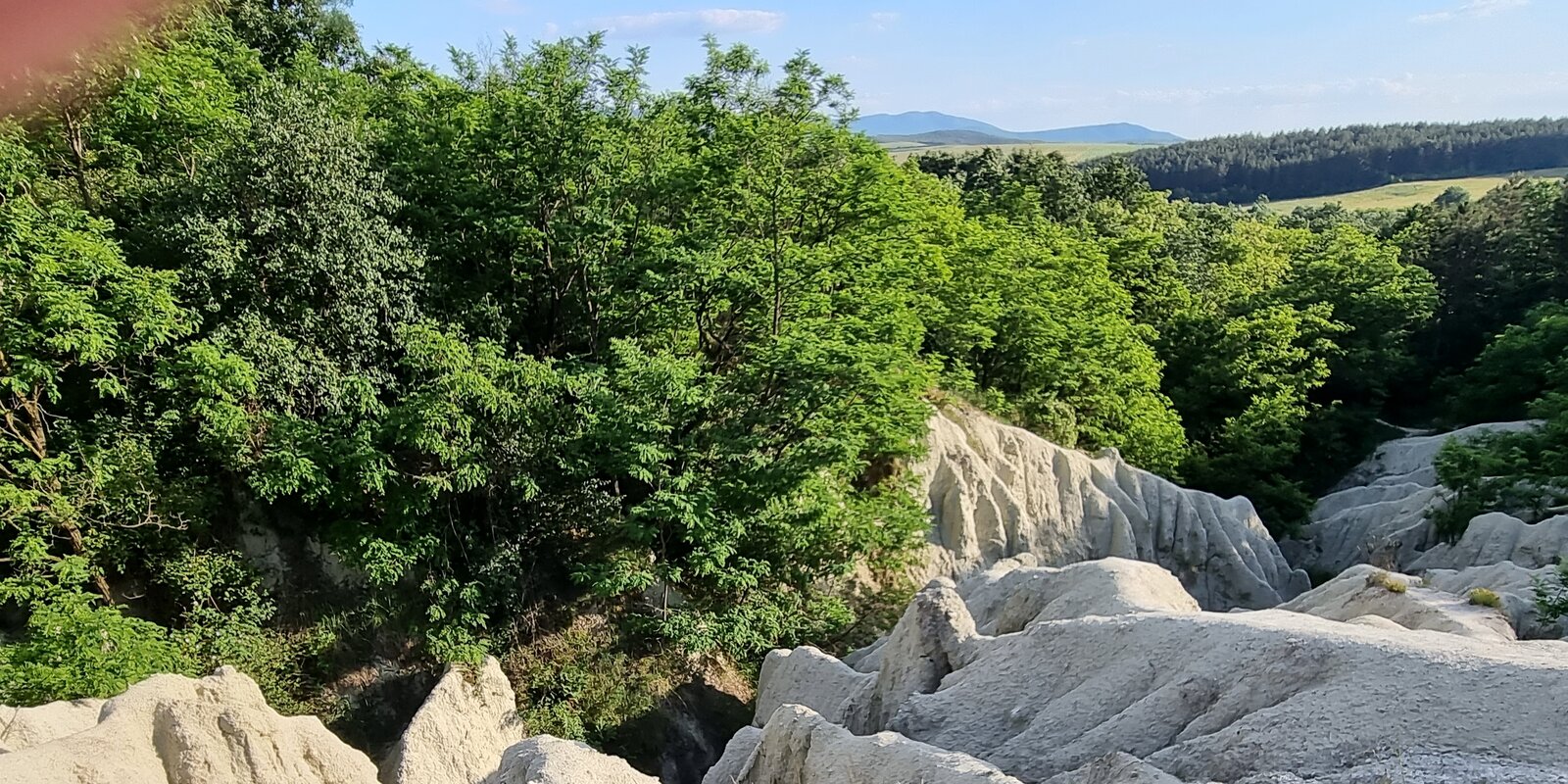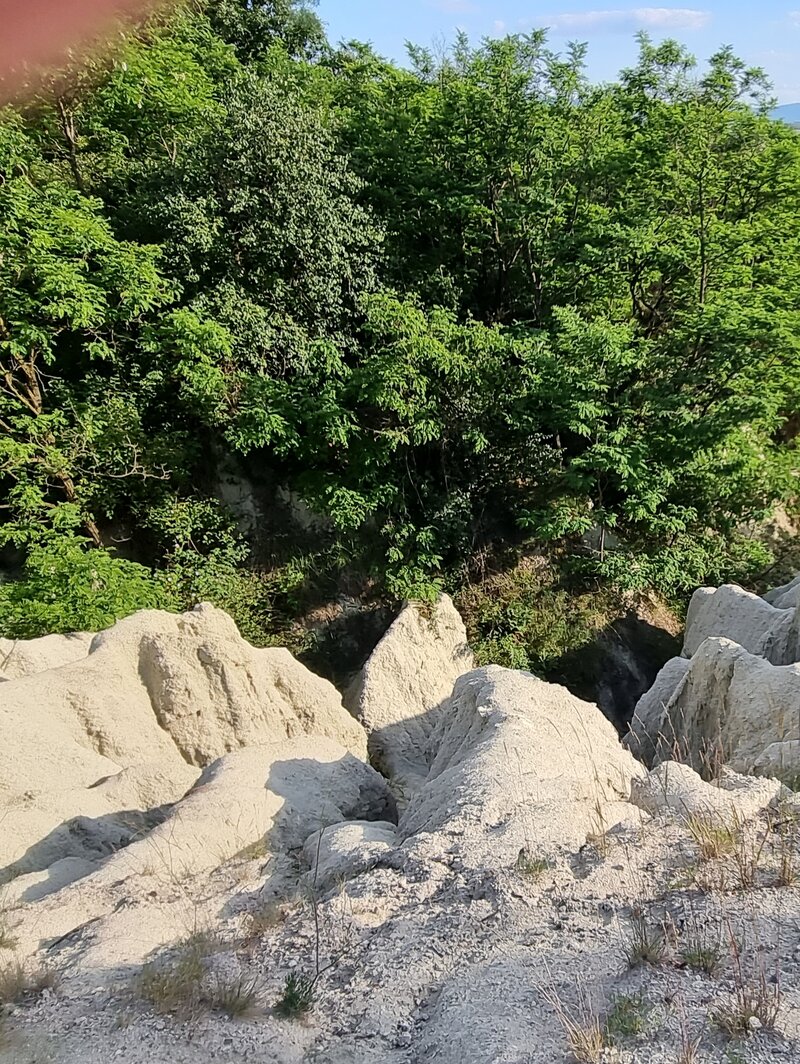I-DEST I-DEST for Geoparks


UNESCO Global Geoparks are destinations that define their own regional, tourism, economic, and social development goals based on geological values through bottom-up cooperation. The development of sustainable tourism through grassroots cooperation with local producers and SMEs is at the heart of every UNESCO Global Geopark, and each of them works towards bringing local residents and tourists closer to achieving the SDGs.
The tool system of the I-DEST platform provides a complex solution for the realization of the regional, economic and community development goals of geoparks.
Contact with the stakeholders
Hivatkozás másolásaThe internal communication support platform of I-DEST provides the management of the geopark with real-time information to help its partners participate in the geopark work.
Through the smartwatch internal message board, the geopark management can provide real-time information to tourism providers and local producers
a.) about the programs of the region
b.) about visiting information news (closures, visitor number restrictions)
c.) to avoid over-tourism, at those places where larger traffic jams/crowds begin to form
d.) on the periodic closures of attractions
e.) about the management activities of the geopark
f.) research reports
Shaping perceptions, education
Hivatkozás másolásaThe I-DEST framework offers extensive information about sustainable tourism trends and initiatives aimed at achieving the SDG goals to interested parties. Through the use of I-DEST, particularly in the context of geopark services, it becomes feasible to transparently showcase the sustainability objectives pursued by local producers, tourism service providers, and other small and medium-sized enterprises (SMEs) in the area. It provides insights into the efforts undertaken by geopark settlements to advance the SDGs and outlines the contributions of the geopark itself.
Geotourism developments, presentation of geotourism values
Hivatkozás másolásaThe edutainment tool system of the I-DEST framework offers many opportunities to expand geotourism program opportunities.
a.) development of digital learning trails - audio and visual material, games related to locations, built-in map navigation
b.) implementation of challenge-based and point-collecting games
c.) GPS-based audioguide program and visual guide in visitor centers and museums
d.) a map-based, real-time tourist notification system, which enables tourists moving in nature to immediately report damage to tourist signs or signs, or road obstacles, etc.
e.) the complex quality management program of I-DEST helps to identify those partners who can support the development of sustainable and accessible tourism in the geopark with their services.
Support of local product programs
Hivatkozás másolásaI-DEST provides a complex solution either for implementing the GEOfood program or for developing an own local product program.
a.) creation of a local producer database - already during the data collection, focusing on the programs provided, accessible and sustainable services
b.) creation of local product routes
c.) with the help of the internal message board, the local producer can notify the geopark management and partner network of the announced ‘open house’ days and other programs
d.) with the help of the internal message board, the network of restaurants and local producers of the area can be well connected in order to use fresh, safe, zero-km, raw materials
Research support - in the case of carrying out research supporting regional development, geodiversity and geotourism development
Hivatkozás másolásaThanks to I-DEST's unique, sustainability-focused built-in monitoring system, the geopark will simultaneously have a constantly updated database of the sustainability index of tourist services, as well as the sustainable services requested and used by guests.
In I-DEST, 46 integrated, constantly up-to-date monitoring indicators help the planning of data-based geopark development (in addition to data from online marketing tools), another 18 monitoring indicators are available to service providers and 13 monitoring data to visitors.
In addition to all of this, I-DEST provides an opportunity to summarize research related to geotopes and to organize research data related to geodiversity.